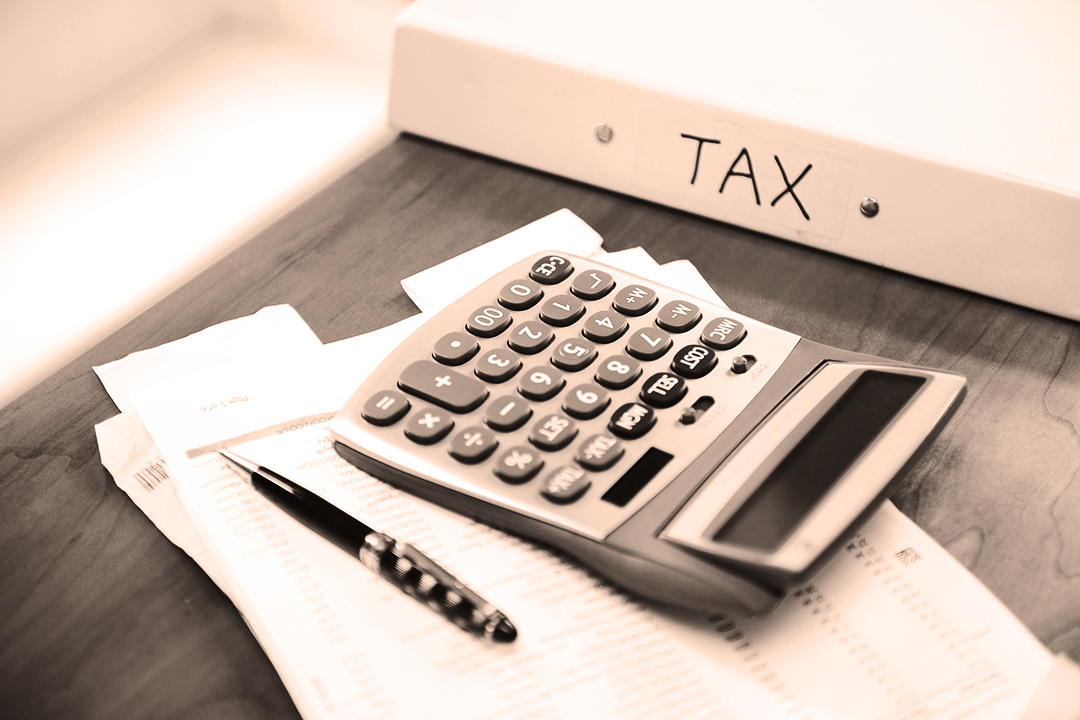Commentary: China’s Back Tax Probes Are Nothing to Fear
Listen to the full version


A spate of retrospective tax investigations extending back 30 years has jolted businesses nationwide and shaken market confidence. Despite State Tax Administration (STA) officials claiming there has been no such organized effort, nor plans to check back taxes from up to three decades ago, the fear persists. The STA did say that some local authorities had issued notices demanding specific companies pay back taxes, which are considered routine and lawful activities by the tax authorities.

Download our app to receive breaking news alerts and read the news on the go.
Get our weekly free Must-Read newsletter.
- DIGEST HUB
- Retrospective tax investigations are causing concern among businesses despite the State Tax Administration’s assurances of no organized effort for such checks.
- Experts suggest that a formalized national approach to handling retrospective tax checks could ensure consistency and transparency.
- According to current tax laws, unpaid or underpaid taxes can be pursued within three to five years, with no time limit on deliberate evasion, but arbitrary local practices are causing market instability.
- 2024:
- Local authorities issued notices demanding specific companies pay back taxes, considered routine and lawful activities by the State Tax Administration.
- 2024:
- Experts at a seminar argued that a formalized, national approach to retrospective tax checks might be preferable to ensure consistency and transparency.
- 2024:
- Current practices by local tax offices in 2024 are considered arbitrary, causing concerns about selective law enforcement and market destabilization.
- 2024:
- The government’s policy to protect and develop the private economy remains unchanged, and the rules concerning procedures and limitations on retrospective tax investigations need to be reviewed.
- 2024:
- A review of tax regulations revealed that unpaid or underpaid taxes within three years can be demanded without late fees, errors in tax compliance within three to five years can lead to back payments and penalties, and there is no time limit for deliberate tax evasion.
- 2024:
- Businesses are subject to retrospective tax investigations only for deliberate tax evasion; errors beyond the five-year retrospective window are not punishable.
- 2024:
- Regional policies should align closely with central government directives to prioritize broader welfare and avoid undue disruption to businesses and markets.
- 2024:
- Hua Sheng is a vice president of the China Society of Economic Reform.
- GALLERY
- PODCAST
- MOST POPULAR





 Sign in with Google
Sign in with Google
 Sign in with Facebook
Sign in with Facebook
 Sign in with 财新
Sign in with 财新